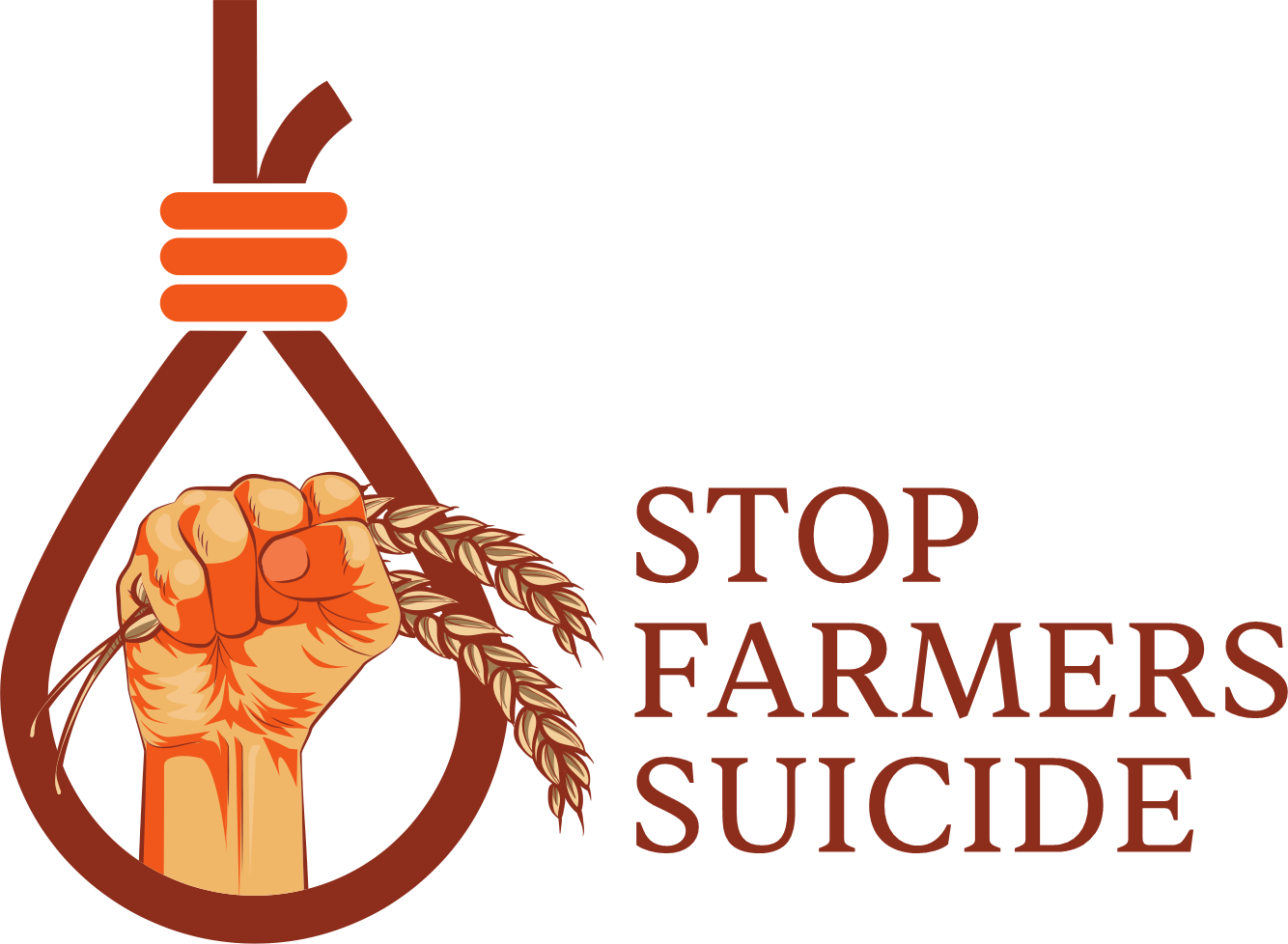
Understanding Farmer Suicides: The Root Causes and Solutions
Farmer suicides are a tragic reality in many agricultural nations, especially India, where farming is the backbone of the economy. Despite their critical role in feeding the population, farmers often face immense challenges that push them into despair. Every year, countless farmers take their own lives due to insurmountable financial, social, and emotional burdens. To address this crisis, it is crucial to understand its root causes and explore sustainable solutions.
Root Causes of Farmer Suicides
- Financial Debt and Unstable Income
Farming is inherently unpredictable, and most farmers rely on loans to fund essentials like seeds, fertilizers, and equipment. When crops fail due to pests, poor weather, or market fluctuations, farmers are unable to repay these debts. High-interest loans from informal lenders worsen the situation, trapping farmers in a vicious cycle of debt. This financial instability is one of the leading causes of farmer suicides.
- Climate Change and Erratic Weather
Climate change has significantly impacted agriculture, making it increasingly risky. Unpredictable monsoons, floods, and droughts destroy crops, leaving farmers helpless. With their livelihoods dependent on nature, farmers find themselves powerless against the forces of climate change. The stress of these uncertainties often leads to severe emotional distress.
- Market Exploitation and Low Crop Prices
Farmers often lack direct access to markets, forcing them to sell their produce to middlemen at prices far below production costs. This exploitation leaves them with little profit, even after months of hard labor. Furthermore, fluctuating market prices and inadequate implementation of Minimum Support Prices (MSP) add to their financial woes.
- Poor Infrastructure and Limited Resources
Inadequate infrastructure, such as lack of irrigation facilities, poor roads, and insufficient storage options, exacerbates farmers’ struggles. Many cannot store their crops or transport them to markets efficiently. Additionally, limited access to modern technology and training keeps them reliant on traditional, less effective methods of farming.
- Mental Health Stigma and Societal Pressure
Farmers often endure tremendous social pressure to succeed, as their work supports entire families and communities. Financial failure and crop loss lead to shame and fear of societal judgment. Unfortunately, mental health awareness in rural areas remains minimal, and seeking help is often stigmatized. The lack of emotional support contributes to feelings of isolation and hopelessness.
Solutions to Prevent Farmer Suicides
- Financial Support and Debt Relief
Governments and financial institutions must implement farmer-friendly loan schemes with low interest rates and flexible repayment options. Introducing comprehensive crop insurance can provide a safety net against natural disasters and crop failures. Debt relief programs for distressed farmers can help alleviate their financial burdens.
- Climate-Resilient Farming Practices
Promoting sustainable agricultural practices can help farmers adapt to climate change. These include crop diversification, organic farming, and the use of drought-resistant seeds. Governments and NGOs can provide training in these methods and support the development of irrigation systems to reduce dependency on erratic rainfall.
- Fair Pricing and Direct Market Access
Creating Farmer Producer Organizations (FPOs) and cooperatives can empower farmers to negotiate better prices for their produce. Governments should ensure the effective implementation of MSPs and provide platforms for farmers to sell directly to consumers, eliminating exploitative middlemen.
- Improved Rural Infrastructure and Technology Access
Investing in rural infrastructure, such as better roads, storage facilities, and irrigation systems, can significantly enhance productivity and reduce post-harvest losses. Additionally, providing farmers with access to modern tools, apps, and data on weather and market trends can help them make informed decisions.
- Mental Health Support and Awareness
Addressing mental health is crucial to preventing suicides. Setting up community-based counseling centers and helplines can provide farmers with emotional support during difficult times. Awareness campaigns to destigmatize mental health issues in rural areas will encourage farmers to seek help without fear of judgment.
Conclusion
Farmer suicides are not just individual tragedies but a reflection of systemic failures in agriculture and rural development. Financial distress, environmental challenges, market exploitation, and social pressures collectively drive farmers to despair. To tackle this issue, a multi-faceted approach is needed—one that combines financial aid, infrastructure development, mental health support, and policy reforms.
Farmers are the backbone of our society, and their well-being is essential for national prosperity. By addressing the root causes of farmer suicides and implementing sustainable solutions, we can create an environment where farmers thrive rather than struggle. It is our collective responsibility—governments, organizations, and individuals alike—to ensure that those who feed us are never left in despair.




